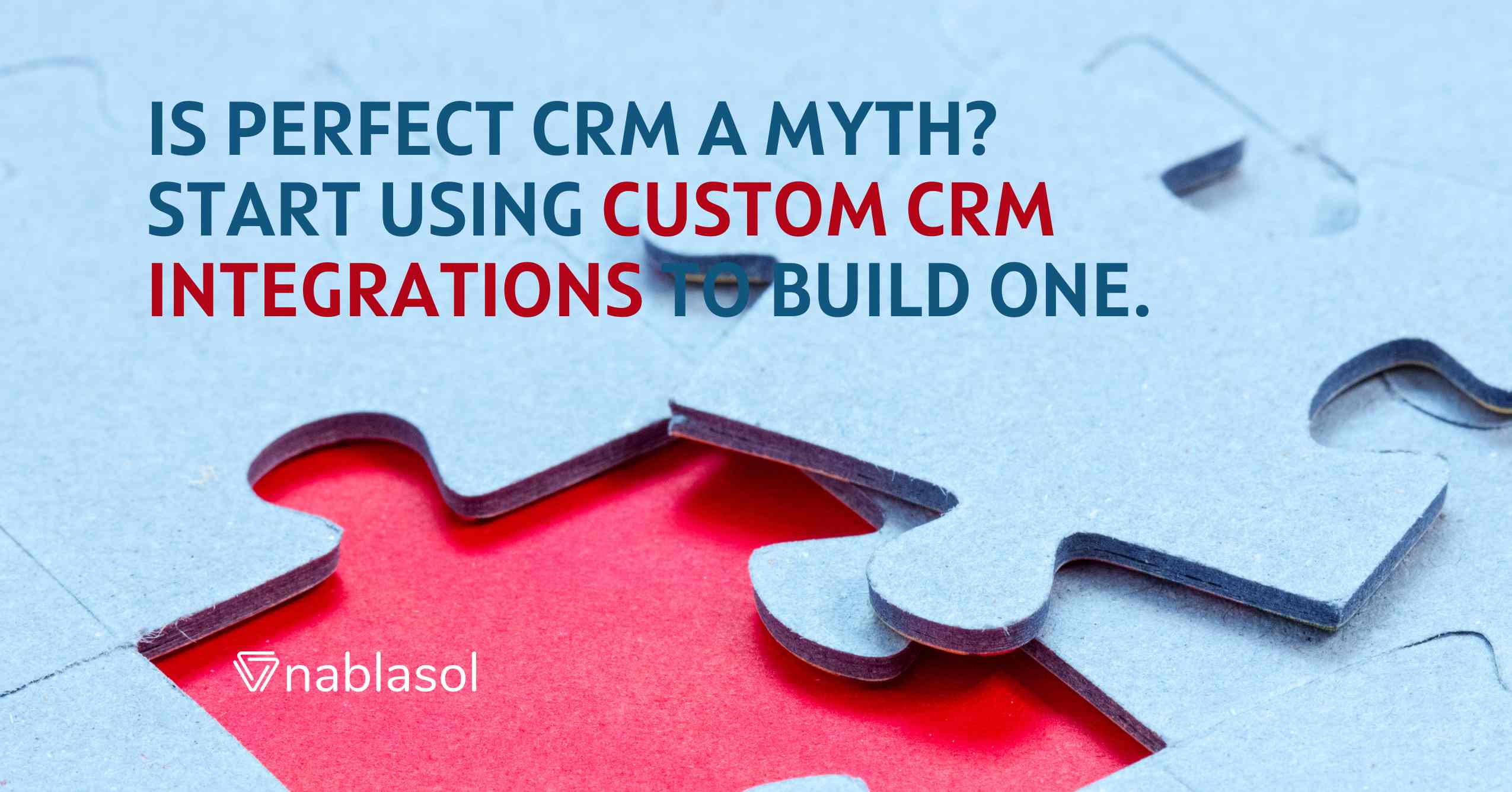The capabilities of a CRM are multi-fold. CRM Integrations and automation unleash the full extent of any CRM software. People have looked across the technology landscape to find their perfect CRM. All have failed. The smart ones build their own with customizations and integrations. Once integrated with other systems and applications, it can empower the entire business. Custom CRM Integrations can boost employee productivity & improve the returns on implementation.
From a technical standpoint, there are three ways these integrations work. One of these is custom integrations generally managed by IT service companies uniquely for your business functions and processes. These integrations are built into the software as well as carried out using APIs
What Are The Benefits of Custom CRM Integrations?
The objective of CRM integration is to understand the customer demographic and deliver the right products and services to them. Data Analysis becomes possible and highly valuable when we have all the customer information in a single window.
Some of the other benefits are:
- Improve Departmental Efficiency
- Eliminate Data Duplication
- Employee Collaboration
- Quicker Sales Approvals
CRM Integration will help to gather customer data from all the disparate sources. A CRM stores the contact information, a POS system handles the purchase information, accounting software contains the transactions, and so on. It also becomes difficult to relate such distributed data and present them while reporting. So, a business needs to understand the complete customer journey and improve customer experience. This is not possible without a centralized system.
A CRM provider only has a handful of native integrations. Professionally managed IT service companies help develop 3rd Party Integrations. As a result, they help create custom CRM Integrations that are unique to your business processes and functions.
Post integration, the most likely obstacle companies face is the standardization of data formats from different sources. So, to support multiple data formats, it must be ensured that the data exchanges are transformed.
Eventually, the more systems you integrate with your CRM, the less manual work your business needs. There will be an increase in access for people who need to use data, valuable insights will come up, and relationships with customers will be managed more effectively.



